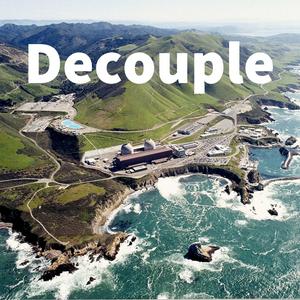In this episode of Decouple, Chris sits down with Kyle Chan of the High Capacity Substack to unpack what “AI with Chinese characteristics” actually means. Rather than framing artificial intelligence as a simple US–China race to AGI, they explore how each country is building AI inside very different institutional systems. The conversation covers DeepSeek, compute constraints, quantization, and the surprising reality that many Chinese AI labs operate with far less capital than their American counterparts while still publishing at the frontier.
They dig into China’s AI enabling stack, from universities and state-backed labs to energy buildout and the Western Data, Eastern Compute strategy, and examine how AI is being embedded into manufacturing, logistics, grid management, and public services as a tool of state capacity. The discussion also tackles regulatory differences, CCP oversight, training data controls, and the disciplining of China’s tech sector, alongside contrasts with US AI development shaped by venture capital, platform economics, and liability management. This is a deep dive into how institutions shape technology, and why the real story may not be who wins the race, but how AI is absorbed into two very different political economies.
Listen to Decouple on:
• Spotify: https://open.spotify.com/show/6PNr3ml8nEQotWWavE9kQz
• Apple Podcasts: https://podcasts.apple.com/us/podcast/decouple/id1516526694?uo=4
• Overcast: https://overcast.fm/itunes1516526694/decouple
• Pocket Casts: https://pca.st/ehbfrn44
• RSS: https://anchor.fm/s/23775178/podcast/rss
Website: https://www.decouple.media


